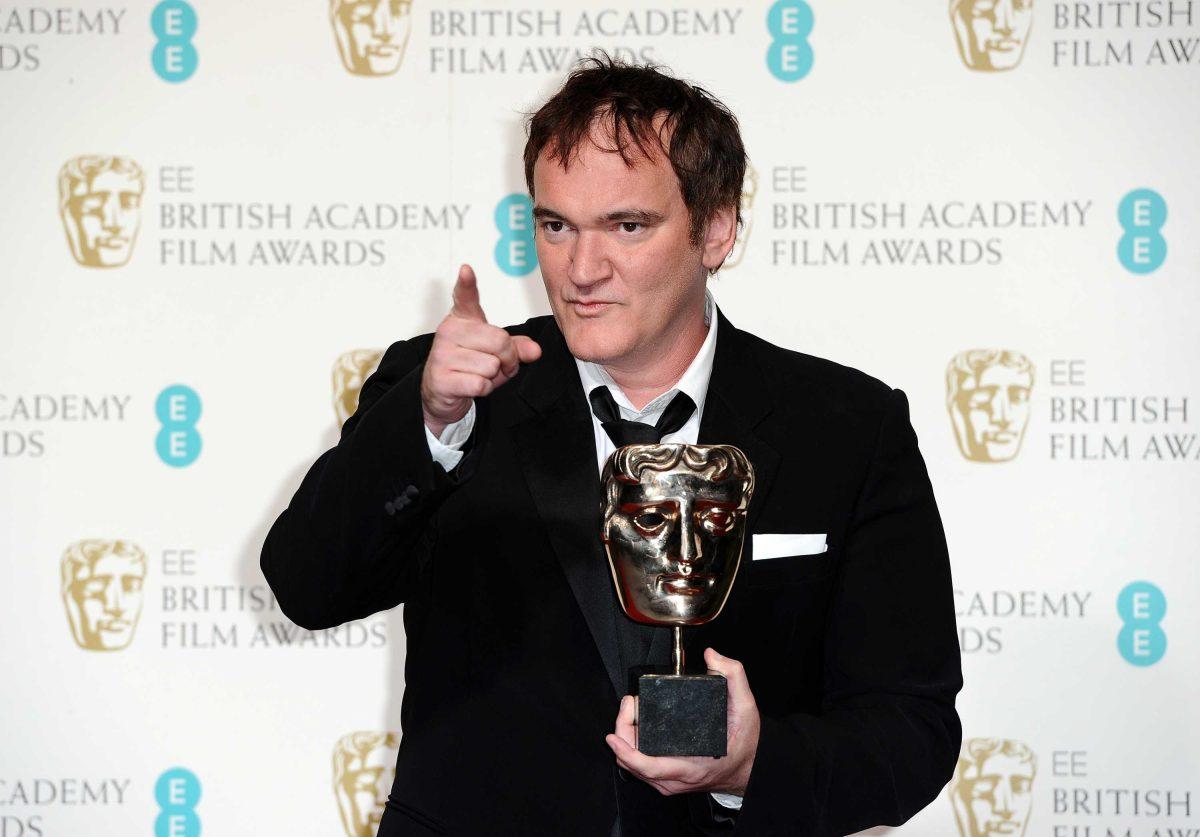When Quentin Tarantino released his first film, “Reservoir Dogs,” in 1992, it breathed fresh air into a stagnant Hollywood and blew the audience away. Since then, Tarantino has become one of the most famous directors in Hollywood and garnered a loyal cult following. But because of his fame and status as the badboy of film, many are unwilling to accept that some problems with his style mar his movies and make him a much worse director than he should be.
One of the common complaints levied against Tarantino is his reliance on homage. Tarantino clearly takes a great deal of inspiration from the works of others, but one thing that seems lost on Tarantino is the difference between homage and plagiarism. Many directors take ideas or even copy shots from older movies, but a good director knows the key to homage is variation.
“Django Unchained” was clearly made with revenge-thriller spaghetti westerns in mind, but for all it takes from the genre, it does not approach the material in a new way. It uses the same shots and the same characters to tell the same story. It would be interesting to see how Tarantino would approach entirely new material, but it’s hard to imagine that he would ever attempt it.
Tarantino has compared his use of violence to the cinematic use of dance sequences. It seems Tarantino considers violence to be the medium in which he works. Violence is an important aspect of reality that should be represented in film, but Tarantino’s violence has no basis in reality, and even worse is that his violence has no real basis in fiction.
Tarantino once compared his use of violence to Stanley Kubrick’s use of violence in “A Clockwork Orange.” The difference is that to Kubrick, violence is the moral and to Tarantino, violence is the punch line. Tarantino does not imply a meaning behind his mutilations — it’s just the fun of mayhem without any real consequences.
In the many years since the release of “Reservoir Dogs,” Tarantino’s editing has become incredibly self-indulgent. While many would say it’s important to kill your darlings, Tarantino would say to devote another half an hour to a scene he deems important, regardless of its necessity to the film.
The law of diminishing returns states that if nothing changes in a production, eventually the product will suffer. Tarantino’s greatest fault is not his lack of subtlety or tact, but his steadfast addiction to his original style. All great directors show a change, whether gradual or sudden, in their work throughout their careers.
Martin Scorsese is a director who has made many films within a particular genre, but it is easy to imagine that two completely different people made “Goodfellas” and “The Departed.” The two films approach a similar subject in a completely different way. The same cannot be said about Tarantino’s “Inglorious Basterds” and “Django Unchained.”
It’s easy to imagine how Tarantino’s next film will go. There will be an oppressed individual taking revenge upon his former captors and a great deal of close-up shots, and some group will scream criticism at Tarantino for the supposedly outrageous violence, to which Tarantino will respond with laughter.
It’s hard to say Tarantino has made a horrible movie. He can write dialogue like no other filmmaker and has an incredible grasp on his characters. As a moviegoer, I want nothing more than to see him make another movie like “Reservoir Dogs” or “Pulp Fiction.” But until he learns the necessity of change and is willing to accept a different approach to his filmmaking, it seems assured that his future works will suffer from the same old issues.
The great decline of Quentin Tarantino
April 7, 2014
Writer-director Quentin Tarantino holds the award for best Original Screenplay for “Django Unchained,” at the BAFTA Film Awards at the Royal Opera House on Sunday, Feb. 10, 2013, in London. (Photo by Jonathan Short/Invision/AP)
More to Discover







